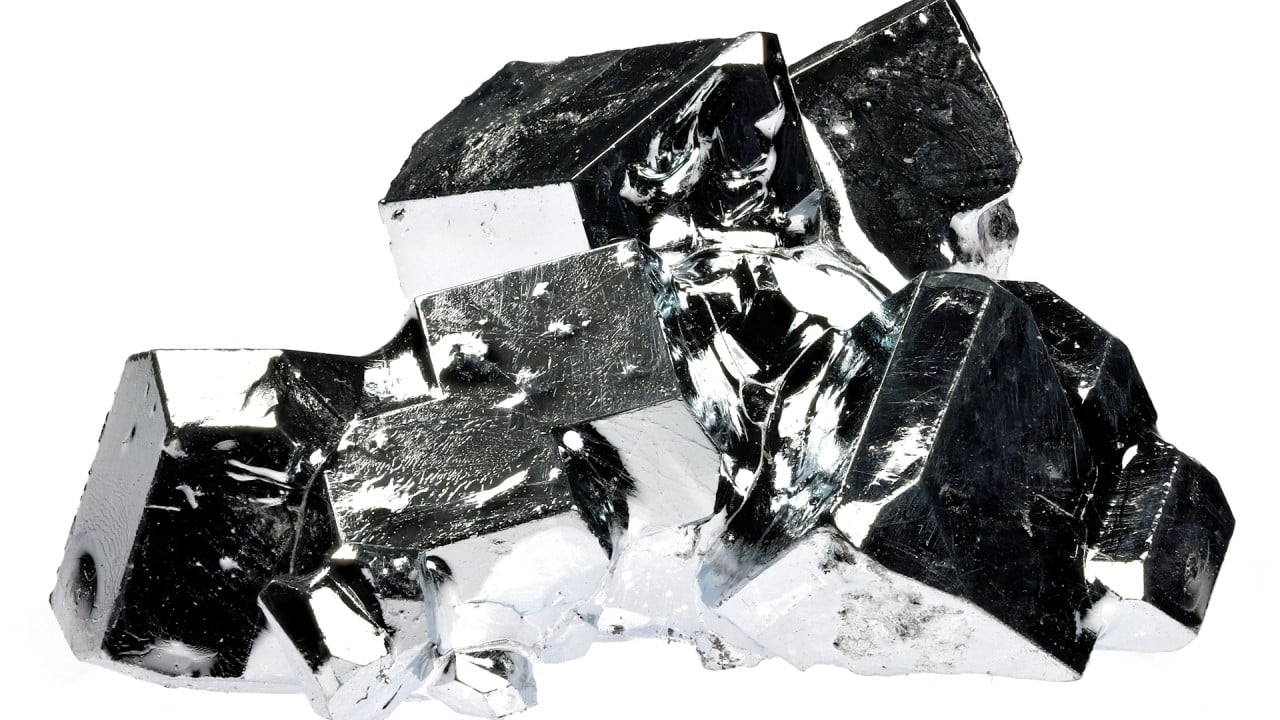EU and US officials seek trade and tech alignments that might survive a Trump return – Technologist
At the sixth meeting of the Trade and Technology Council (TTC), US Secretary of State Antony Blinken, Commerce Secretary Gina Raimondo and Trade Representative Katherine Tai, along with EU trade chief Valdis Dombrovskis, industry head Thierry Breton and competition tsar Margrethe Vestager, are expected to announce closer cooperation on advanced technologies, including 6G mobile communications, artificial intelligence and solar energy supply chains.
In what will be the last TTC meeting before the elections, they will take stock of what has been done across 10 working groups and 2 1/2 years.
Among these achievements, a second EU official said, was “the promotion of our common values and cooperation against countries like Russia and China, who apply different approaches to the trading system or their technological ambitions”.
The council has delivered plenty of concrete policy when it comes to reacting to Russia’s invasion of Ukraine, including close coordination on sanctions and export controls. But there have been few major advancements addressing the perceived threat of China.
Should Trump triumph over President Joe Biden, he is expected to hit the EU with a slew of tariffs – and has also vowed to slap a 100 per cent duty on some imports from China.
China urges EU to continue backing free trade as French foreign minister visits
China urges EU to continue backing free trade as French foreign minister visits
The TTC is seen as an important vehicle through which the West can rival Beijing in setting the rules for key technologies, but it has yet to deliver a major achievement on this front.
A joint push to supplant China’s dominance of the next generation of broadband networks is expected this week. Coordination is also expected on restricting Beijing’s access to legacy chips, amid growing concerns in Washington.
However, the agenda on trade looks thin.
Negotiators are not expected to conclude a deal on critical minerals. Such a deal, bolstering bilateral supplies of the raw materials needed to make electric vehicle batteries, is seen as an integral part of the transatlantic agenda to wean the West off its reliance on China.
Instead there will be a launch event on Friday for minerals partnerships with resource-rich countries from the developing world, attended by ministers from Kazakhstan, Namibia, Ukraine and Uzbekistan.
Nor have negotiators reached a permanent end to a long-running dispute over steel and aluminium originally sparked by Trump. While collaboration is the name of the game, the two sides squabble frequently over their own respective green policies including US President Joe Biden’s flagship Inflation Reduction Act and the EU’s carbon border tax.
On Friday, they plan to announce an agreement on electronic invoicing that EU officials said would make transatlantic trade more efficient. They are also expected to discuss thorny issues like outbound investment screening and export controls; forced labour is also on the agenda.
But no blockbuster pact is on the table that would likely capture the imagination of Trump, who casts himself as a high-profile deal maker. Yet some EU officials remain optimistic.
“I don’t think we should have too many hypotheses about the election results – history has shown us that they can be surprises all the time,” one said.
EU united in unease over possible Trump win, but few agree on future path
EU united in unease over possible Trump win, but few agree on future path
“We have a volume of activity that is ongoing … we have targeted cooperation and very concrete results. So this gives us some confidence that the momentum will continue whatever happens in terms of political leadership.”
Asked for examples of transatlantic cooperation that have helped reduce dependencies on China, long thought to be an objective of the TTC, officials equivocated.
“I don’t think that the strength of the transatlantic relationship is a function of the degree to which we are less reliant on China. The strength of the transatlantic trade and economic relationship lies in the relationship itself,” the first official said.
“The discussion is very much on the cooperation areas [between the EU and US] rather than actual concrete measures that lead to something, but there are elements that I think will contribute very much to the overall objective of de-risking.”




